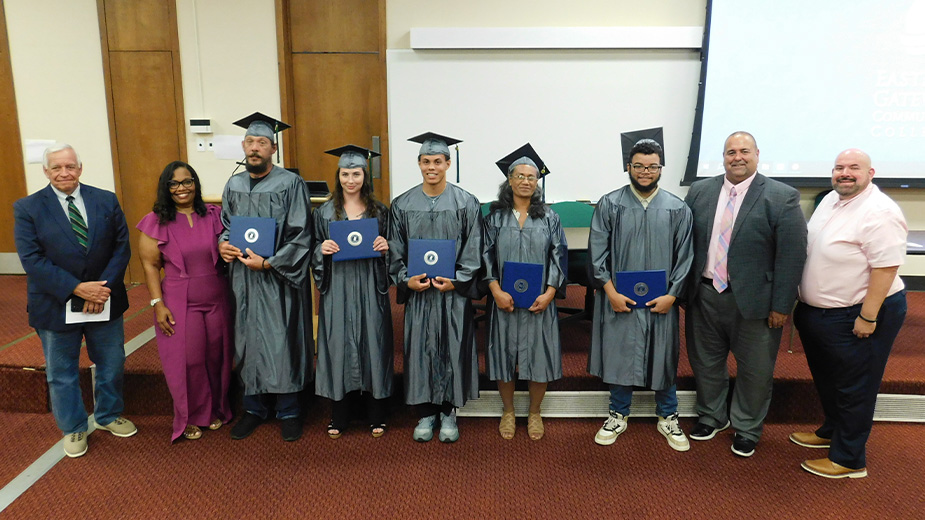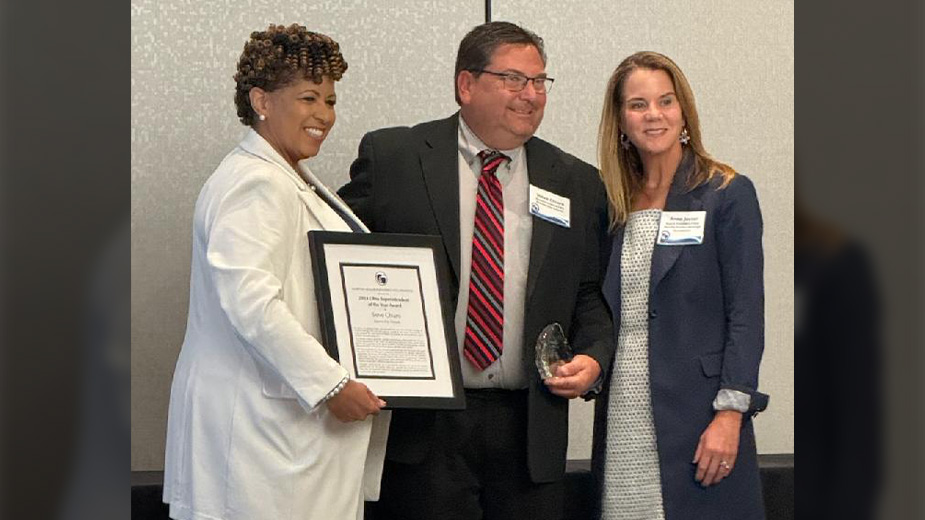Case Western Law School Names Dean for Diversity
CLEVELAND – Rugaiijah A. Yearby, Case Western Reserve University School of Law’s first tenured female African-American professor, has been named as the school’s inaugural associate dean of Institutional Diversity and Inclusiveness. Yearby, who joined the faculty in 2011, begins her administrative position this month.
“Professor Yearby’s knowledge, experience and commitment to helping others make her uniquely suited to take on this new role,” Deans Jessica Berg and Michael Scharf said in prepared joint statement. “Case Western Reserve has a long and proud history of commitment to diversity, and we expect to build on that progress with this appointment.”
The university’s commitment to inclusion that dates to the school’s first entering class 123 years ago, whose numbers included an African-American student. Before becoming renowned nationally as a civil rights attorney, Fred Gray came to Cleveland to earn his law degree at Case Western Reserve. It was the early 1950s, and Alabama’s law schools did not accept African- Americans.
Case Western Reserve’s law school also has engaged in some of today’s most dominant issues involving race, including those involving the deaths of African-Americans at the hands of police in cities such as Ferguson, New York, Baltimore and Cleveland.
During her undergraduate days at the University of Michigan, Yearby founded and led “United Brothers and Sisters,” a student organization dedicating to bringing together students from different cultures, religions and lifestyles through diversity-related programming.
An honors biology major, Yearby discovered what would become the focus of her legal scholarship during a National Science Foundation-supported research trip to South Africa two decades ago. As she observed sharp differences in access to health care firsthand, she began to recognize that solutions could not come solely from medical professionals—no matter how well meaning.
“It showed me that there will always be disparities unless the laws and structures of society mandate equality,” she said.
After graduating from Michigan, Yearby went on to earn a master’s in public health from Johns Hopkins University and a law degree from Georgetown University. In 2003, she became the first African-American woman hired to a tenure-track position at the Loyola Chicago School of Law; five years later, she joined the University of Buffalo as an associate professor in both its law school and school of public health and health professions.
Professor Yearby’s scholarship focuses on racial disparities in health care and law, justice and medical research. Two years ago Yearby organized a national symposium at the law school, “Sick and Tired of Being Sick and Tired: Putting an End to Separate and Unequal Health Care in the United States 50 Years After the Civil Rights Act of 1964.’’ This past September, she presented her research regarding the unjust inclusion of children in medical research to the Oxford Global Health and Bioethics International Conference; later in the fall, she also presented her research regarding the continuation of racial disparities in health care at Duke University School of Law.
Pictured: Regaiijah A. Yearby.
Copyright 2024 The Business Journal, Youngstown, Ohio.


